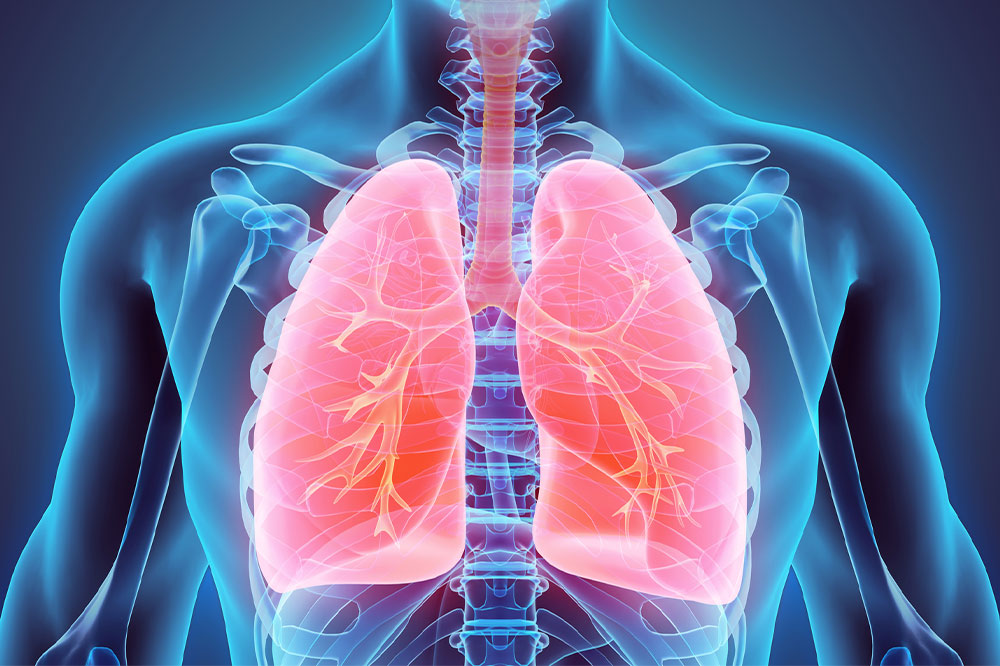
5 main treatments for lung cancer
Around the world, lung cancer is one of the top causes of cancer deaths. Individuals who smoke have a high risk of lung cancer. However, lung cancer might also happen to people who do not smoke. Fortunately, if you quit smoking, you can dramatically lower your risk of developing lung cancer even after smoking for years. In this guide, we will address the different kinds of lung cancer treatments and what they do.
Radiation therapy
In this lung cancer treatment, high X-ray beams or other particles are utilized to kill the cancer cells. When you have to get radiation therapy, you will have to see a specialist known as a radiation oncologist. They are a doctor trained to give radiation therapy for cancer treatment. External-beam radiation therapy is the most prevalent cancer treatment, wherein the radiation is inflicted via a machine from outside the body. The radiation therapy schedule or regimen comprises a certain number of treatments given over a time period. This period can be a few days or several weeks.
Unlike surgery, radiation therapy does not work with cancer that’s spread across the body. Instead, it will only kill the cancer cells, which are directly in the pathway of the beam. Unfortunately, this means that even the healthy cells in the path will be destroyed. Hence, surgeons advise against using it for a broader area.
At times, CT scans are used to find the precise area for radiation. This can lower the risk of damaging the healthy areas. However, this is only used when surgery is not an option or when the disease is in its early stage. It is known as intensity-modulated radiation therapy (IMRT).
Chemotherapy
It is a lung cancer treatment wherein prescription medications are given to curtail the cancer cells from growing by either preventing their division or killing the unhealthy cells. Chemotherapy is injected into the muscle or vein or taken by mouth, and the medications will enter the blood, then travel to the cancer cells across the body. This is known as systemic chemotherapy. However, when the medication is directly placed into the organ, cerebrospinal fluid, or the body cavity, it will work on the cancer cells explicitly located in the area. This is known as regional chemotherapy. The choice of chemotherapy depends on the stage and the type of cancer.
Surgery
Surgery is a lung cancer treatment used for early-stage cancers and depends on the tumor’s spread, location, and size. In addition, the patient’s health and a variety of other associated factors will also determine this decision. Typically, the surgeries are done via a long incision on the chest’s side. However, in some cases, several smaller incisions might be used instead of a long one.
There are four kinds of surgeries. These include:
- Sleeve resection
In this, the bronchus is removed. Following this, the lung is reattached to the remaining part of the bronchus. - Pneumonectomy
In this procedure, the affected lung is removed. - Lobectomy
Herein, the complete lobe of the lung is removed. - Wedge resection or segmental
In this, only a part of the lung is removed.
Immunotherapy
In this lung cancer treatment, your immune system is used to combat cancer. Unfortunately, the body’s immune system might not fight cancer because these malignant cells tend to produce protein, which helps them hide from the immune system cells. When immunotherapy is used, it intervenes with the typical process and kills the unhealthy cells. This treatment is used for locally advanced cancers, which have spread to other body parts.
Targeted therapy
In this, the tailored medicine will target specific cancer cell mutations. It is typically used when cancer has relapsed or for advanced non-small-cell lung cancer. Before starting targeted therapy, the doctor will perform biomarker testing to check the abnormalities in the tumors.
So, these are the most prevalent forms of lung cancer treatments.




